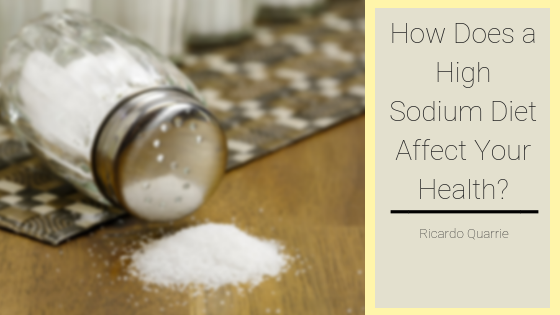Most people know that eating less processed food is good for their health. However, it can sometimes be a bit confusing to avoid processed food and add more natural foods to your diet. The following tips will make the process a little easier.
Become A Label Reader
People who look at food labels are usually interested in things like calories, fat content, and the amount of sugar in the food. However, it is worth the extra time it will take to read the ingredients on the food label. If the food you are considering contains more than five ingredients and you are unable to pronounce some of them, you may want to look into alternative options.
Eat More Whole Foods
Eating more fruits and vegetables will help replace processed food in the diet. This approach also makes the food selection process simpler. There is no need to worry as much about calorie and carb counting when your diet consists mostly of whole food choices.
Choose Local Over Processed
Many people will be surprised to learn the whole-wheat bread they purchase in grocery stores is just as processed as the white bread in these stores. Buy your bread from a local baker to assure it contains no more ingredients than is necessary to make fresh bread. Locally grown and made fresh items are likely to go through much less of a process, and are generally healthier in the long run….
.
.
To continue reading please visit ricardoquarrie.org









